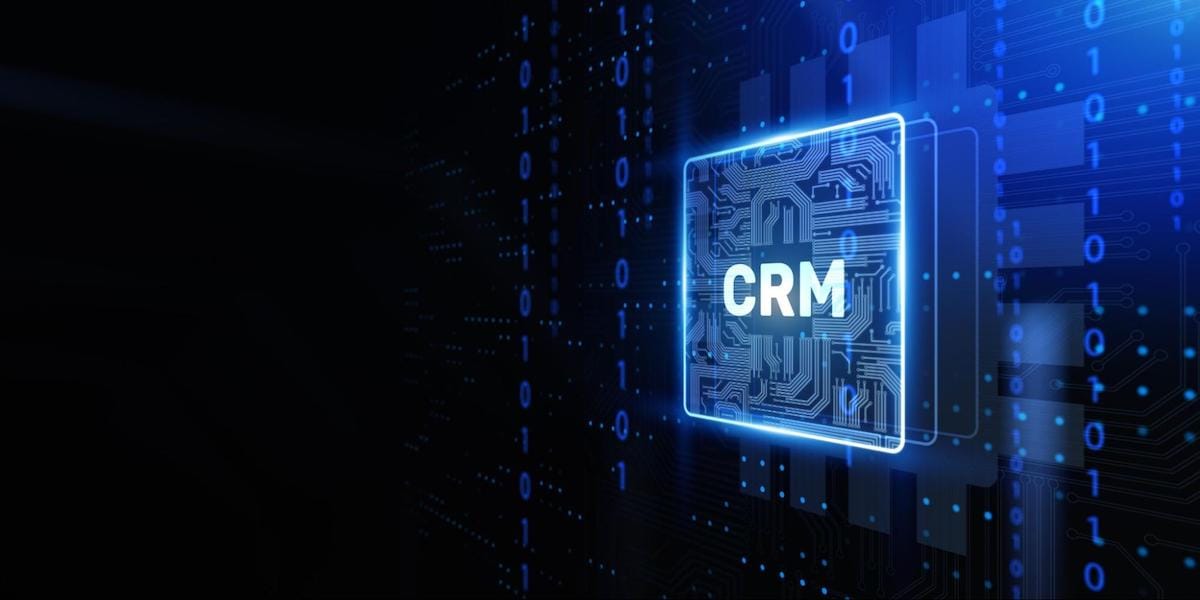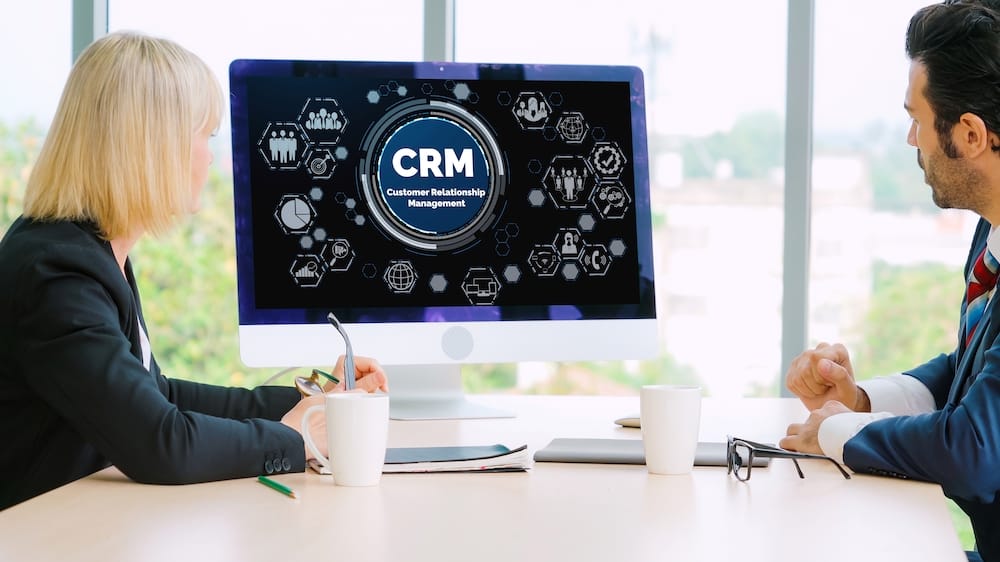Posted in: CRM Success
The right software solutions can be the key to success in today’s business environment. Two of the most essential systems for growing businesses are customer relationship management (CRM) and enterprise resource planning (ERP). Although both systems are vital, they serve different functions and offer unique benefits. This article will explore the core differences between CRM and ERP, highlight their key features, and help you determine which system might be best for your business.
Understanding ERP vs. CRM

CRM and ERP software aim to streamline business processes, but their focus areas differ significantly. Customer relationship management is tailored to improve customer-facing operations by organizing, automating, and synchronizing sales, marketing, and customer service activities. On the other hand, ERP systems manage internal business processes by integrating various functions such as finance, inventory management, and supply chain operations. By consolidating data into a single platform, ERP not only enhances efficiency but also facilitates better communication across departments. This dual focus on internal and external processes sets these systems apart.
What is Enterprise Resource Planning (ERP)?
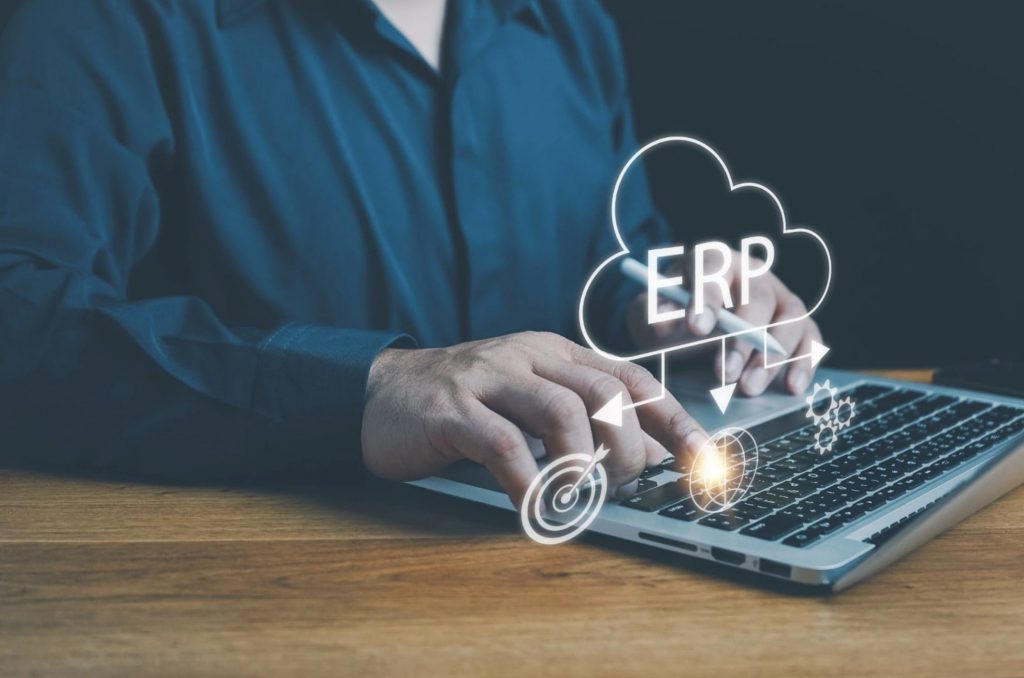
Enterprise resource planning systems are comprehensive software platforms that integrate various business processes across an organization. These systems centralize data from functions like accounting, inventory management, and supply chain operations, streamlining processes and improving overall efficiency. By providing a single source of truth, these systems enable businesses to reduce operational costs and make better-informed decisions. The ability to scale with business growth makes ERP a long-term solution for many organizations.
These platforms are particularly beneficial for organizations managing complex processes across multiple departments. By consolidating data into one unified system, ERP solutions improve coordination, reduce the risk of data silos, and enhance overall transparency. This centralized approach also helps in ensuring regulatory compliance and improving data security.
What is Customer Relationship Management (CRM)?

CRM systems focus on managing a company’s interactions with current and potential customers. These platforms organize, automate, and synchronize sales, marketing, customer service, and support functions. The primary goal of a customer relationship management system is to improve customer relationships, increase retention, and drive sales growth. This system provides insights into customer behavior, enabling businesses to deliver more personalized experiences.
To maximize their effectiveness, CRM integration can be crucial for unifying customer data across various platforms. By integrating these systems with tools like email, social media, and e-commerce platforms, companies can ensure consistent and up-to-date customer information, enhancing internal communication and the customer experience. This integration also supports more cohesive marketing strategies and sales initiatives.
The Difference Between CRM and ERP

The primary difference between ERP and CRM lies in their functional focus. Enterprise resource management is designed to optimize a company’s internal processes, while customer relationship management concentrates on managing customer interactions and relationships. Understanding these differences is essential for choosing the right system for your business. Understanding the relationship between ERP and CRM can significantly impact your operational efficiency and customer satisfaction.
Functional Focus of ERP
These systems optimize internal processes by automating finance, human resources, and supply chain management tasks. This automation leads to greater efficiency and cost reduction, enabling businesses to streamline operations and focus on strategic growth initiatives. The ability to track and analyze operational metrics further enhances decision-making capabilities.
Functional Focus of CRM
These systems center around managing customer relationships, offering tools to handle customer data, track interactions, and enhance communication. These systems are crucial for sales, marketing, and customer service teams, providing insights into customer behavior that enable more personalized interactions and targeted marketing. This customer-centric approach helps businesses build more robust, long-lasting relationships.
User Base and Accessibility
ERP systems are typically used across various departments and require specialized training due to their complexity. In contrast, CRM is more user-friendly and accessible, particularly for sales, marketing, and customer service teams. This accessibility makes customer relationship management essential for businesses prioritizing customer engagement and satisfaction. It also facilitates quicker CRM adoption and more widespread use across the organization.
Data Management and Reporting
Enterprise relationship management focuses on internal data, such as financials and supply chain logistics, offering comprehensive reporting capabilities for informed decision-making. Customer relationship management, on the other hand, emphasizes external data related to customer interactions, sales pipelines, and marketing campaigns, helping businesses tailor strategies to meet customer needs effectively. Both systems contribute to a more informed and data-driven business strategy.
Key Features of ERP
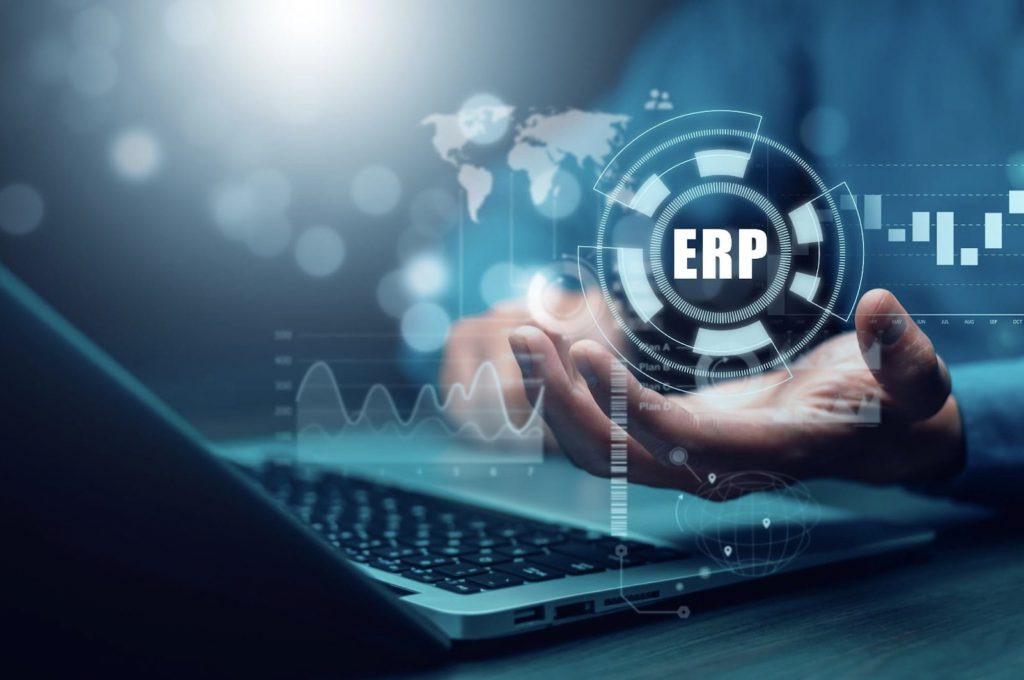
ERP systems offer a range of features designed to enhance business operations. These features are crucial for improving efficiency and supporting the overall management of a company. Each feature plays a vital role in ensuring that business processes are aligned with strategic goals.
Manufacturing Resource Planning
Enterprise resource planning systems excel in managing manufacturing processes by providing tools for planning, scheduling, and monitoring production activities. These features ensure that manufacturing operations run smoothly, optimizing resource allocation and reducing waste. This level of control also helps maintain product quality and meet delivery timelines.
Supply Chain Management
Enterprise resource planning is instrumental in managing supply chains, providing real-time visibility into procurement and distribution activities. This functionality helps businesses streamline operations, reduce costs, and ensure timely delivery through better coordination among suppliers, manufacturers, and distributors. Effective supply chain management is key to maintaining competitiveness in today’s market.
Inventory Control
Effective inventory management is a critical feature of these systems. By tracking inventory levels, orders, and deliveries, ERP platforms help businesses avoid stockouts and overstock situations, reducing the risk of lost sales and improving customer satisfaction. This also contributes to better cash flow management by optimizing inventory turnover.
Key Features of CRM
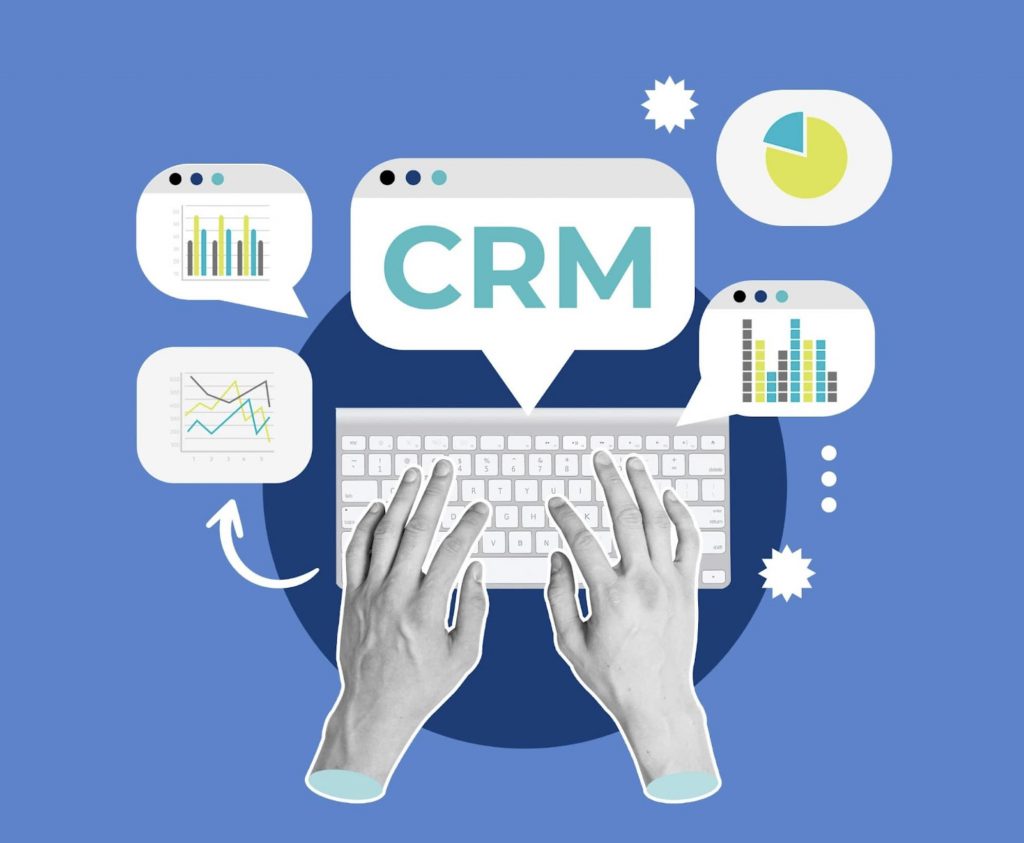
Customer relationship management systems provide essential tools for managing customer relationships and driving sales. These features are fundamental for businesses looking to enhance customer engagement and optimize sales performance. The ability to leverage customer data effectively is what makes this system so powerful.
Sales Management
CRM offers powerful tools for managing sales teams, including lead tracking, sales forecasting, and performance analytics. These features help sales managers monitor progress and identify areas for improvement, enabling sales reps to close deals more effectively and build stronger customer relationships. Real-time access to sales data enhances the agility of sales teams in a competitive environment.
Customer Support and Service
CRM platforms are invaluable for customer support teams, allowing businesses to track inquiries, manage support tickets, and resolve issues efficiently. By centralizing customer interactions, these systems ensure that support teams deliver consistent and personalized service, which is critical to maintaining customer satisfaction. High-quality customer service is often the differentiator in customer loyalty.
Marketing Automation
Marketing automation is another key feature of this system. By automating campaigns, tracking customer engagement, and measuring effectiveness, these platforms save time and enable marketing teams to deliver targeted and personalized messages, increasing the likelihood of conversions. This automation also allows for more efficient allocation of marketing resources.
Benefits of Implementing ERP
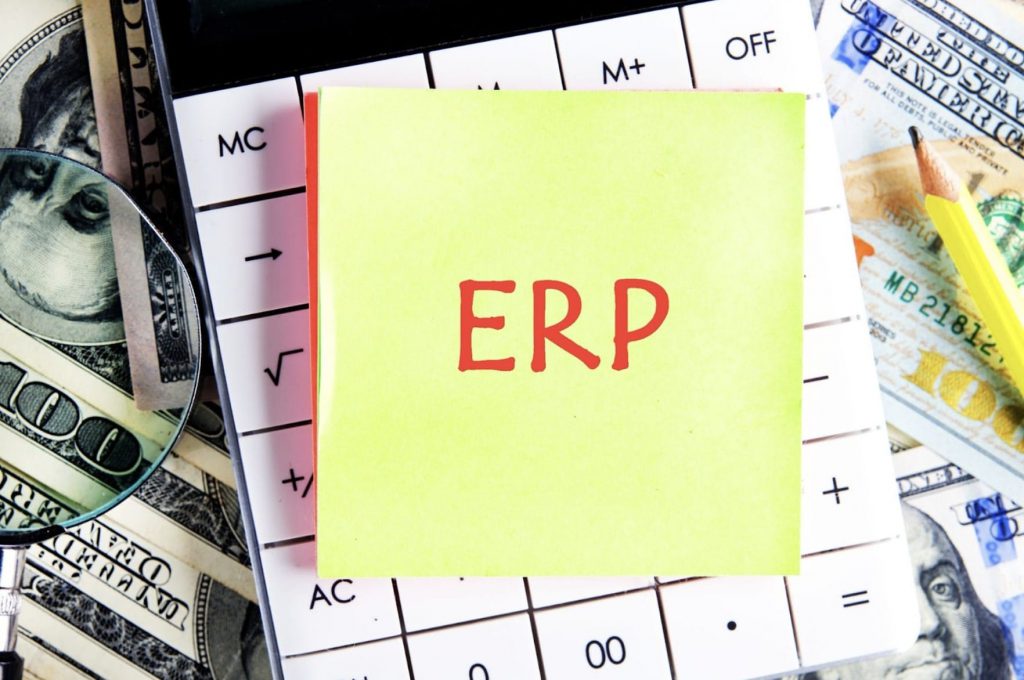
Implementing an ERP system can transform business operations by streamlining processes and improving collaboration. These benefits are crucial for businesses looking to enhance efficiency and support growth. The long-term return on investment often outweighs the initial implementation costs.
Streamlined Business Processes
One of the primary benefits of enterprise resource planning is its ability to streamline business processes. By integrating various functions into a single platform, these systems eliminate manual data entry and reduce errors, leading to more efficient operations and enabling businesses to focus on innovation and growth. This integration also supports better alignment between business units.
Improved Data Analytics
This system provides robust analytics capabilities, allowing businesses to gain deeper insights into their operations. By analyzing data from different departments, these platforms help identify trends, forecast demand, and make informed decisions, leading to better resource allocation and performance improvements. This data-driven approach is essential for strategic planning.
Enhanced Collaboration
ERP systems foster collaboration across departments by providing a centralized platform for data sharing and communication. This ensures that all employees have access to the information they need, promoting teamwork and better outcomes for the organization. Enhanced collaboration leads to more coherent and efficient business strategies.
Benefits of Implementing CRM

CRM offers significant advantages in improving customer relationships and driving sales growth. These benefits are particularly valuable for businesses focused on enhancing customer engagement and optimizing sales processes. A well-implemented customer relationship management system can be a key driver of revenue growth.
Improved Customer Engagement
CRM systems are designed to enhance customer engagement by providing a complete view of customer interactions. These platforms enable businesses to personalize communications, offer targeted promotions, and respond to customer needs in real-time, resulting in stronger relationships and higher satisfaction. This engagement is critical in building long-term customer loyalty.
Increased Sales Efficiency
These systems streamline the sales process by offering tools for lead management, sales forecasting, and performance tracking. This efficiency allows sales teams to close deals faster and focus on the most promising opportunities, ultimately driving revenue growth. With these tools, sales teams can also more effectively manage their time and resources.
Better Customer Insights
One of the most significant benefits of CRM is the ability to gain deeper insights into customer behavior. By analyzing customer data, customer relationship management helps businesses understand preferences, identify trends, and predict future behavior, enabling more strategic decisions and personalized experiences. These insights are invaluable for crafting effective marketing and sales strategies.
Drawbacks of ERP Systems
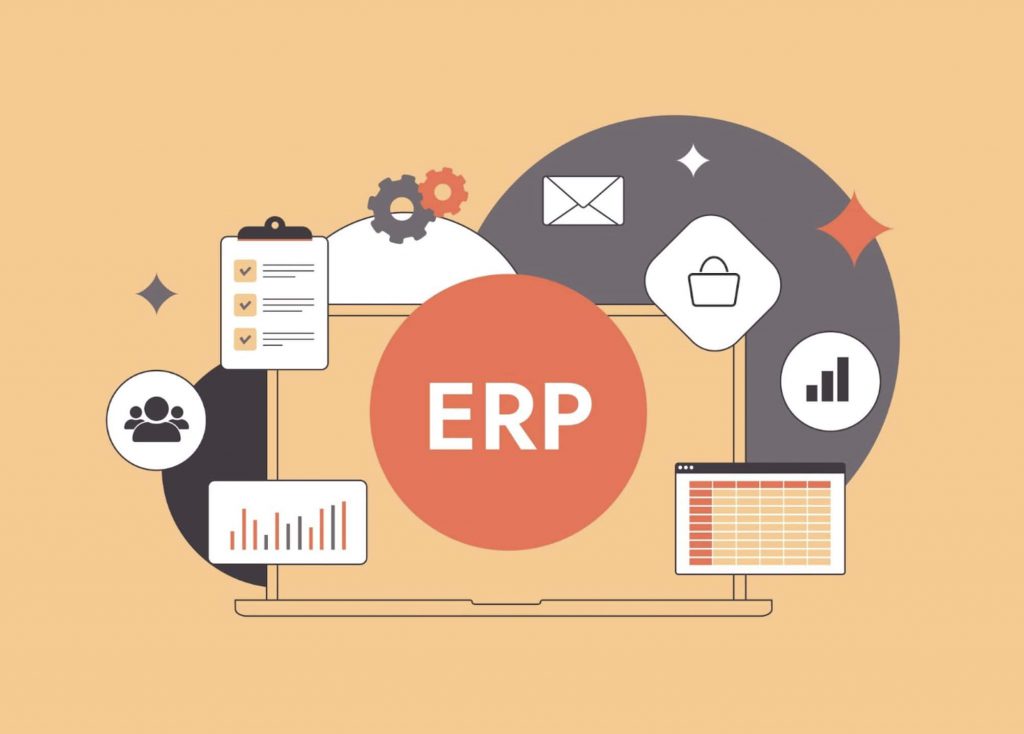
While ERP offers numerous benefits, they also come with challenges that businesses must consider. Understanding these drawbacks is essential for successful implementation. Careful planning can mitigate some of the common issues associated with ERP adoption.
High Implementation Costs
Enterprise resource planning often comes with high implementation costs, requiring significant investments in software, hardware, and training. The complexity of these systems can lead to lengthy implementation processes, which may strain resources and disrupt business operations. However, the long-term benefits often justify the upfront investment.
Complexity in Configuration
These systems are highly customizable, but this flexibility can make them complex to configure. Businesses may face challenges in tailoring ERP solutions to meet specific needs, leading to delays and increased costs during the configuration process. Ongoing support is usually required to ensure the system continues to meet evolving business needs.
Drawbacks of CRM Systems
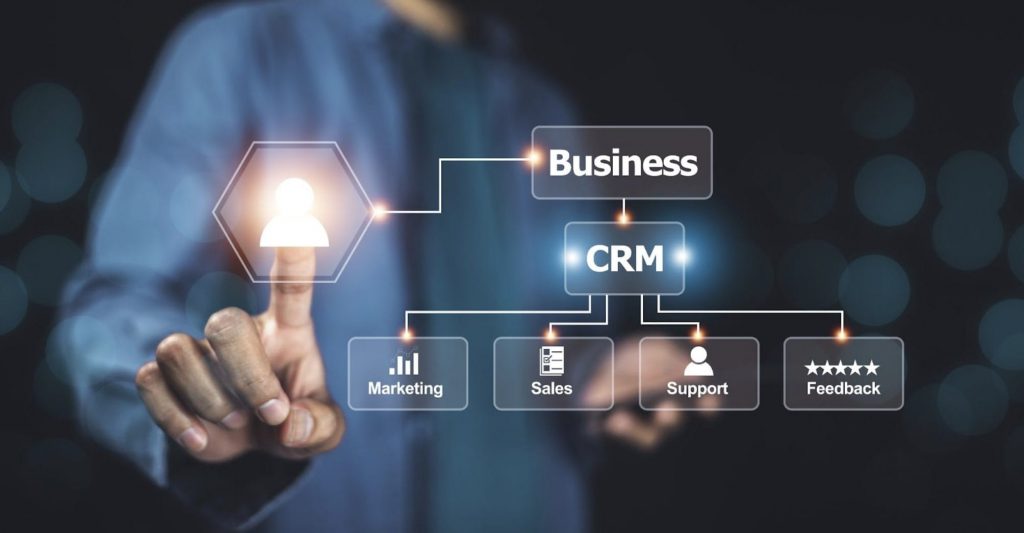
CRM provides many benefits, but it also presents challenges that businesses should be aware of. Addressing these challenges is crucial for maximizing the value of a customer relationship management system. Proper training and ongoing support can help mitigate some of these challenges.
Data Security Concerns
CRM systems store large amounts of customer data, making them a target for cyberattacks. Data breaches can lead to the loss of sensitive information, damaging a company’s reputation and resulting in legal consequences. Investing in robust security measures is essential to protect customer data. Regular audits and updates can help maintain data security.
Integration Challenges
Integrating this system with other business tools can be challenging, especially for companies with complex IT environments. Compatibility issues and data migration challenges can make integration a time-consuming and costly process, but successful integration is crucial for maximizing the value of a customer relationship management system. LinkPoint360 offers seamless email integration. Planning and testing are key to overcoming integration hurdles.
How LinkPoint360 Can Help with Your CRM

LinkPoint360 offers powerful email integration that seamlessly connects with your CRM, enhancing its functionality and user adoption. By integrating your email and customer relationship management system, LinkPoint360 helps streamline workflows, improve communication, and boost overall productivity. Request a free trial today to see how LinkPoint360 can transform your CRM experience.

